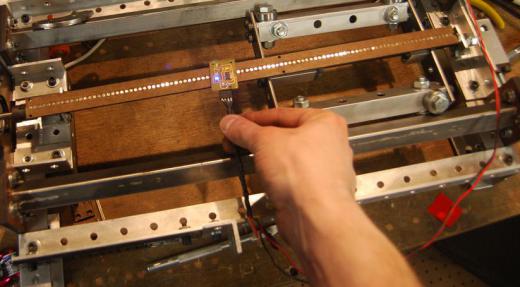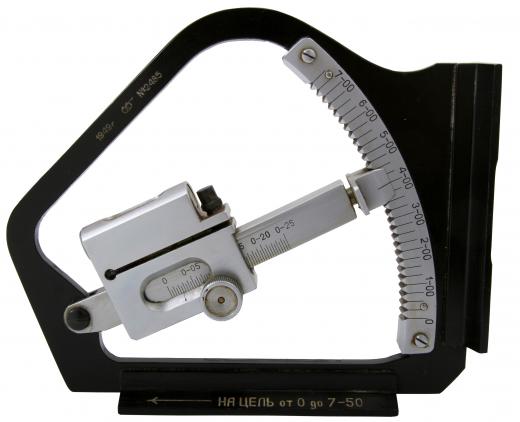What is Metrology?
Metrology is the scientific study of measurements. Measurements come in all forms. Gemstones can be measured for hardness or carat size. Pieces of wood can be measured for length. Electricity can be measured in amps, volts, and watts.
As early as the 1950s, businesses worldwide determined that there was a need to bring unity to measurement in the manufacturing process. As a result, the International Organization of Legal Metrology was created in 1955. Today, dozens of countries are members of the organization and share a common goal, to unify manufacturing and business throughout the world.

With so many countries competing for the market share of manufacturing business, metrology is essential to keep the market competitive. Having unified measurements can help with repair costs in the future and ensure that products can be used worldwide without difficulty. Many organizations hold international conventions where metrology members can share ideas and concerns, and compare notes. These metrology conventions are becoming a popular means for unifying the wide array of measurements used throughout the world.

Electromagnetic metrology members spend their time unifying the measurements for radio waves, temperature, humidity, radioactivity, DC frequency, fiber optics, photometry, and ionizing radiation. Those who participate in electromagnetic metrology work toward creating a unified version of electrical voltage and currents. Without electromagnetic metrology, every country creating parts for electronic equipment would use different electrical measurements. Products would break down easily or fail to work. Accurate measurements of temperature and humidity are also necessary to prevent energy waste in heating and cooling products.
Over the past decade, there has been an increased need for metrology in chemistry labs. Metrology of chemistry makes it possible to create strong processes for quality control of many goods manufactured worldwide. As pollution controls increase, there is an intense need to regulate worldwide emission controls. Metrology of chemistry helps ensure that different countries utilize chemicals in a manner that protects the environment. Chemistry metrology helps define standards to be used in gas/air mixtures, gas analyzers, inorganic materials, spectrometry, and microanalysis.
Mechanical metrology concentrates on standardizing acoustics, force/pressure, vibration, volume, density, and dimensions. As Asian companies begin sweeping the country in terms of inexpensive manufacturing, other companies are relying on mechanical metrology to help them compete. With a set of standards in place, customers can buy products from any country and know they will be getting parts with universal measurements. This helps keep repair costs competitive.
AS FEATURED ON:
AS FEATURED ON:












Discussion Comments
Doesn't metrology also help us know how developed a country is?
Without measurement, innovation and technological improvements wouldn't be possible. I mean, in order to make something better, you have to measure how good it is currently and how it could be better.
That's why I think metrology can give us hints about how a country is doing in general or how industries in the country is doing. We can measure where they are now, whether they live up to international standards with their products and whether they can compete with other industries globally. It could tell us about a country's economy and even how their health sector is doing.
I think electromagnetic metrology and chemical metrology are called scientific metrology in general. There is also industrial metrology and legal metrology.
Industrial and legal metrology of course have to do with standards in manufacturing and the legal aspects of it. For example, government agencies might impose certain measurement standards and that would impact all businesses in that sector. These businesses would also face legal consequences if they don't work within those standards.
Scientific metrology on the other hand, has more to do with research and I believe that those who work in scientific metrology are the most active promoters of universal measurements. There are also scientific metrology labs that manufacturers can go to, to be accredited.
I wish we could differentiate between accredited manufacturers and unaccredited ones as consumers. That would encourage all of them to adopt uniform measurements and also to get accredited by metrology labs. I think that would increase business competition and would result in products that are better quality and more durable.
When everyone uses the same measurements, it also makes it easy to have standards for quality and to check each product against that standard. If every product was measured in a different format, it would be so hard to compare them with similar products or to check their quality. There wouldn't be a standard for it at all.
Manufacturers also have a responsibility towards consumers. Their responsibility is to make products that are of good quality and that fulfill the expectations of consumers. Measurement is one of the tools that allow us to see if consumers are happy with the product.
Post your comments